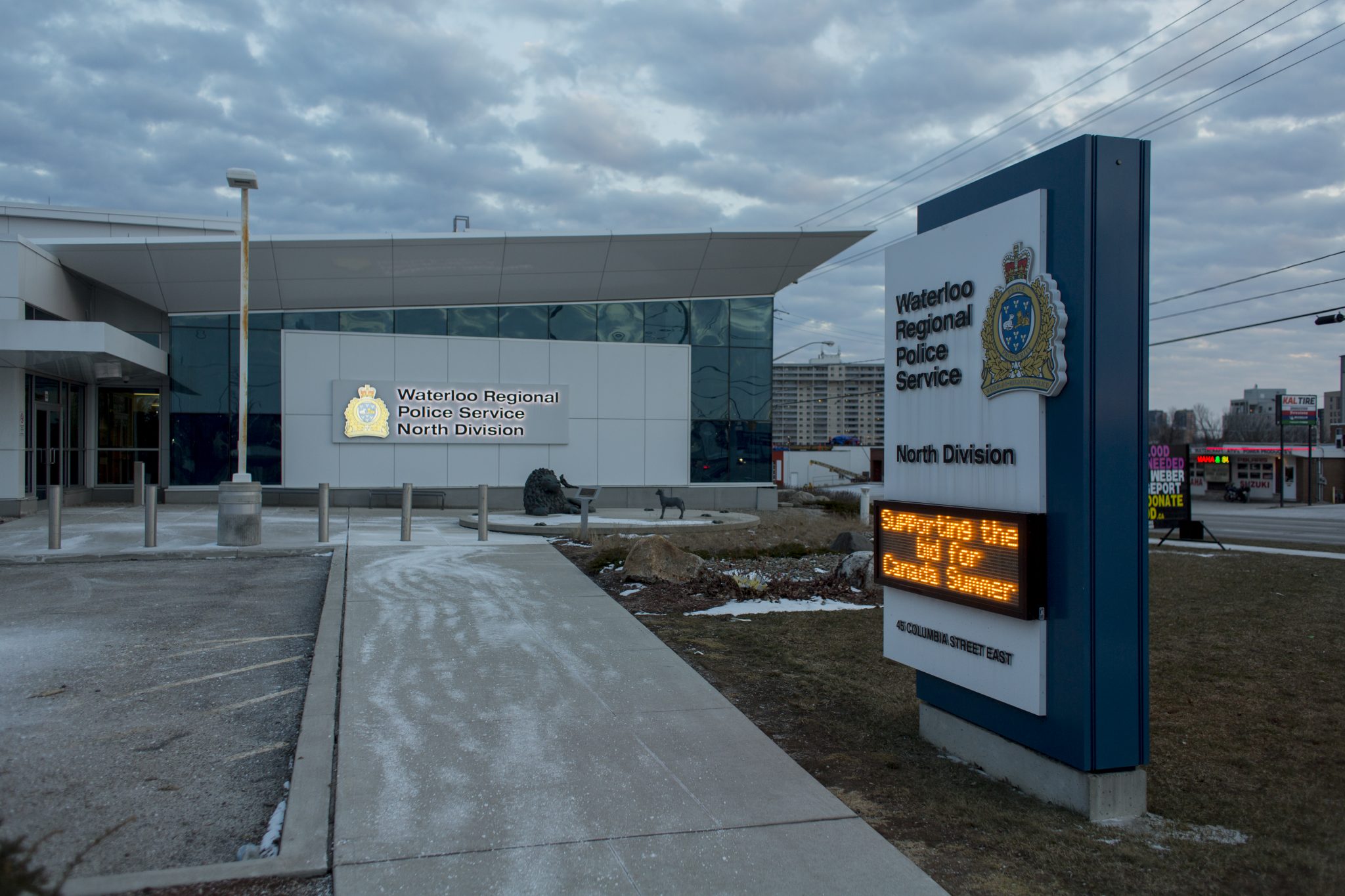Laurier professor works with police to assist those in mental health crisis


Jennifer Lavoie – an associate professor of criminology at Wilfrid Laurier University at the Branford campus – is working with various police services in southern Ontario to better the police response with those in mental health crisis.
“My work is really looking at how police respond to people that are mentally ill. The research in Canada tells us that there is an increase in people who are mentally ill who are more likely to have contact with police compared to people who are not mentally ill for a number of reasons,” Lavoie said.
Two methods Lavoie is researching about are de-stigmatization and de-escalation. These methods are meant to help assist with the use of force an officer may choose to use for an individual in mental health crisis.
“Our research right now is looking at how police respond to people who are mentally ill and how to make that safer by focusing in on de-stigmatization and de-escalation,” Lavoie said.
“We understand that police have to use force when they are dealing with an immediate threat with someone who is mentally ill, but we can make these situations safer by encouraging the use of de-escalation.”
“It might be frustrating for police to deal with the same person over and over again until that person seeks the proper treatment. Once the person does get treatment, they will be able to recover and live very productively”
Stigmatization is a major part about training police and implementing these standards of dealing with people in mental health crisis. Lavoie explained that stigmatization can affect an officer’s ability to respond to a certain situation regarding people with mental illness.
“Unfortunately, police officers and others have stigmatized attitudes just like everyone else towards those who are mentally ill, so they perceive someone with mental illness as maybe more dangerous or unpredictable than they actually are.”
“It’s important to look at police officers attitudes [and] at how police view mentally ill people and try and decrease stigmatized attitudes to more accurately decide when they should be implying use of force when there are opportunities for safe de-escalation,” Lavoie said.
Lavoie has implemented a police training tactic meant to assist police with dealing with individuals in mental health crisis by understanding Procedural Justice.
“I consult with various police services and the best thing that I think that we do is doing scenario based training, we come up with different kinds of scenarios for officers to move through and we try and inform them on the idea of procedural justice,” Lavoie said.
According to Lavoie, there is no national standard for dealing with individuals in mental health crises and many officers do not feel adequately trained to deal with these complex situations.
“They already are in law enforcement and now we see this absolute increase in calls that are, to them, to deal with people who are mentally ill, do they have the skill set to do this?”
“So, there’s a question about do we train officers on how to deal and respond to mental health crisis? Or do we have these mobile crisis units at the ready?”
Lavoie also wants the public to note that one can recover from mental illness, and Police can be at the forefront of this recovery.
“I like to get across the idea of recovery … generally speaking, they do an excellent job of working with people who are in mental health crisis,” Lavoie said.
“It might be frustrating for police to deal with the same person over and over again until that person seeks the proper treatment. Once the person does get treatment, they will be able to recover and live very productively,” Lavoie said.

